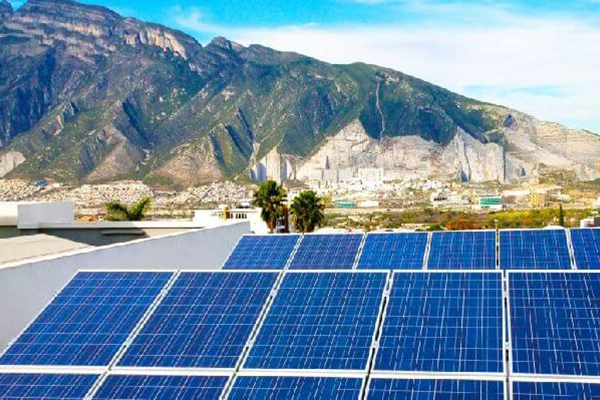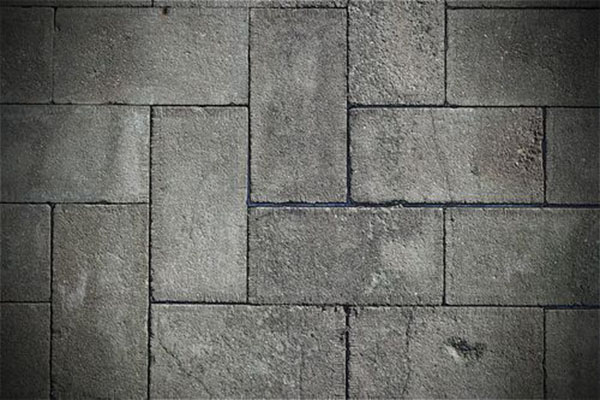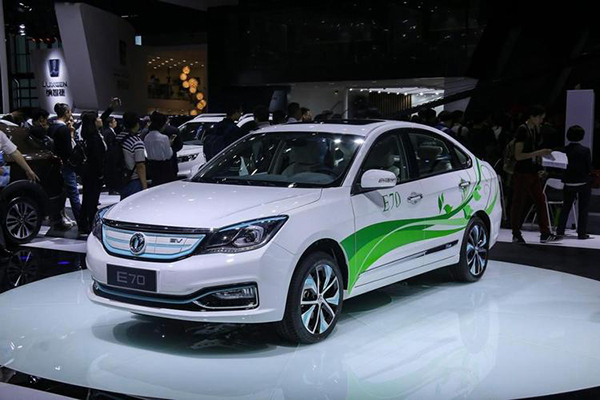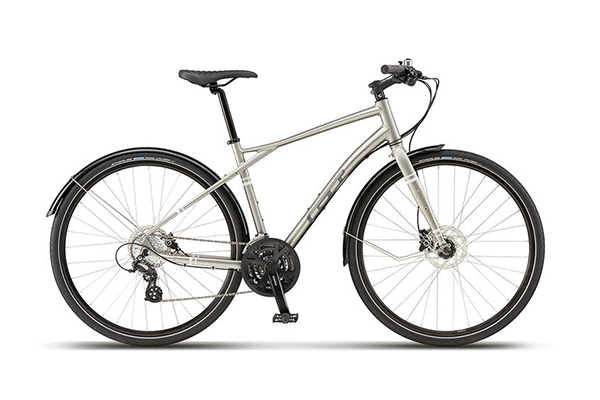Solar power has emerged as a prominent solution as the demand for renewable energy continues to grow. Solar panels are a vital component of harnessing the sun’s energy, and they come in two primary forms: flexible and rigid. In this blog post, we will explore both flexible and rigid solar panels to help you decide on your solar energy needs.
Pros and Cons of Flexible Solar Panels
Flexible solar panels are designed to be lightweight and bendable. They are typically made using thin-film solar cells, which are integrated into flexible materials such as plastic or metal foils.
Pros:
Lightweight: Flexible panels are significantly lighter than their rigid counterparts. This lightweight nature makes them ideal for applications where weight is a concern, such as on boats or vehicles.
Flexibility: Due to their thin and pliable structure, flexible panels can conform to curved or irregular surfaces. This feature opens up possibilities for unconventional installations, such as on backpacks, tents, or even clothing.
Ease of Installation: Flexible panels can be easily mounted on various surfaces, including uneven or non-flat ones. They often come with adhesive backing or grommets, simplifying the installation process and reducing the need for complex mounting systems.
Cons:
Secure Installation: Flexible panels require careful installation to ensure they are properly secured. They can be vulnerable to damage from wind, hail, or other external forces without proper fastening.
Shorter Lifespan: Flexible panels generally have a shorter lifespan compared to rigid panels. The flexible materials used in their construction are more prone to wear and tear over time, resulting in a reduced overall lifespan.
Pros and Cons of Rigid Solar Panels
Rigid solar panels, also known as crystalline silicon panels, are the more traditional and commonly used type of solar panels. They are made of silicon-based solar cells and encased in tempered glass with an aluminum frame.
Pros:
Longer Lifespan: Rigid panels are known for their durability and longevity. With proper maintenance, they can last for several decades, making them a long-term investment for solar energy production.
Higher Efficiency: Rigid panels typically have higher energy conversion efficiency than flexible panels. The crystalline silicon cells used in their construction are more efficient in converting sunlight into electricity.
Reliability: Rigid panels have been extensively tested and proven in various climates and conditions. They are less prone to damage and degradation, ensuring a consistent and reliable energy output.
Cons:
Harder to Install: Rigid panels require a flat and sturdy surface for installation. This makes them more challenging to mount on curved or irregular surfaces, limiting their flexibility in certain applications.
Costly: Rigid solar panels are generally more expensive than their flexible counterparts. The higher cost is primarily due to the use of premium materials, such as tempered glass and aluminum frames, which contribute to their durability and reliability.
Heavy: The rigid structure and additional materials used in their construction make rigid panels heavier than flexible panels. This can be a concern when considering installations on structures with weight restrictions or when portability is desired.
Differences Between Flexible and Rigid Solar Panels:
Design and Construction: Flexible panels are made using thin-film solar cells and flexible materials, while rigid panels are made of crystalline silicon cells encased in tempered glass with an aluminum frame.
Weight and Flexibility: Flexible panels are lightweight and can be bent or curved to fit various surfaces, whereas rigid panels are heavier and require a flat and sturdy surface for installation.
Installation: Flexible panels using adhesive backing or grommets are easier to install on different surfaces, including non-flat ones. Rigid panels require a flat surface and more complex mounting systems.
Lifespan and Efficiency: Rigid panels have a longer lifespan and higher energy conversion efficiency than flexible panels.
Final Thoughts:
When choosing a flexible or rigid solar panel, it’s essential to consider your specific requirements and constraints. Flexible panels offer versatility, lightweight design, and ease of installation, making them suitable for portable or irregular applications. On the other hand, rigid panels offer durability, higher efficiency, and reliability, making them ideal for long-term installations on roofs or fixed structures. You can make an informed decision that aligns with your solar energy goals according to your needs.





